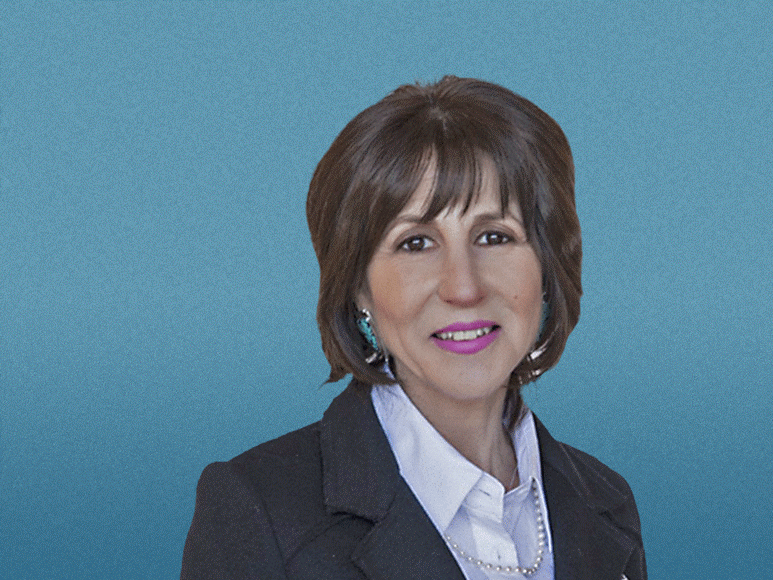Big tech has had huge gains this year and vastly outpaced other sectors. Therefore, there is a good chance that it is overweighted in your portfolio. This begs the question, in terms of rebalancing, where should folks go? Into oil, bonds, gold, and/or value stocks?
Investors must decide how heavily weighted they should be in any given index or sector with the next quarter here, and the first quarter for 2021 just around the corner.
At this point, doing a reset or rebalance before the presidential election makes sense. Reducing exposure to tech and increasing allocations to small cap stocks and socially conscious investing -although alternative energy is also overweight - also makes sense. Yet other areas such as the transportation sector, along with retail and even the financial sectors, have all outperformed the tech sector percentagewise, proving some rebalancing is already happening there.
The small cap index or Russell 2000 has risen about 12% since October began. From a seasonality standpoint, the small caps, retail, and transportation tend to do better through November in part because of the holiday shopping season. Consumers are buying more, commercial vendors are manufacturing more goods, which in turn, increases the demand for delivery of those goods. Holiday shopping has also been a boon for technology, and most likely will continue this year as well.
What makes 2020 different?
What makes 2020 different in terms of preparing to rebalance a portfolio for the next 1-3 months is the election.
Each candidate will create a rotation into certain sectors depending upon who wins.
For investors, a Biden win will likely translate into higher taxes on big corporations, which will hurt the big tech corporations whose taxes were lowered considerably under Trump. However, it will also mean to investors the potential for more stimulus money, so that will help the small cap and other value sectors more. Furthermore, the healthcare sector will shift, along with the potential for some upside in the cannabis space, alternative energy and possibly infrastructure money, as Dems increase government spending.
On the other hand, a Biden win could hurt oil and gas or corporations that have prospered because of deregulation under Trump.
Meanwhile, a Trump win will mean big paydays for the corporations, especially in tech or what is known as the MAGA or growth stocks. A Trump win could help oil, gas, and the coal industry, although the government has not done much for them the last 4 years. The banks could get a boost as there is discussion about more deregulation. Trump already rolled back Dodd-Frank, and now there is talk of changing Fannie and Freddie in mortgage lending, along with some consumer protections.
What about the dollar?
Another area to consider for rebalancing - what happens with the dollar? The dollar is vulnerable especially considering its exposure to the possibility of increasing debt, rising stimulus, and burgeoning money supply. All these factors are potentially inflationary.
Moreover, the cost of raw materials given supply chain disruptions, low labor force, climate issues and a looming hunger pandemic has inflated prices already in wheat, soybeans, sugar, and corn.
To further diversify and allocate assets, investors could also consider adding exposure to emerging markets such as China and Vietnam, as well as commodity producing countries like Brazil and South Africa.
We also like alternative currency and the metals. However, at this point, we have zero to minimal exposure to 20 year plus treasury bonds.
Bio
Michele 'Mish' Schneider currently serves as Director of Trading Research and Education at MarketGauge.com. She writes and produces daily market analysis in "Mish's Daily", and serves as a developer and trading mentor in several of our trading services, drawing on her 30+ Years of Trading and Teaching Experience.
Mish is a former floor trader on several New York Commodity Exchanges, including Coffee, Sugar and Cocoa, NYMEX and FINEX in NYC. While on the trading floor Mish also served as a market analyst for two of the largest commodity trading firms at the time - Continental Grain, and Conti-Commodities.
Mish also wrote the best-selling finance book, Plant Your Money Tree; A Guide To Growing Your Wealth.
Disclaimer Past performance is not a reliable indicator of future results.
CMC Markets is an execution-only service provider. The material (whether or not it states any opinions) is for general information purposes only, and does not take into account your personal circumstances or objectives. Nothing in this material is (or should be considered to be) financial, investment or other advice on which reliance should be placed. No opinion given in the material constitutes a recommendation by CMC Markets or the author that any particular investment, security, transaction or investment strategy is suitable for any specific person.
The material has not been prepared in accordance with legal requirements designed to promote the independence of investment research. Although we are not specifically prevented from dealing before providing this material, we do not seek to take advantage of the material prior to its dissemination.
CMC Markets does not endorse or offer opinion on the trading strategies used by the author. Their trading strategies do not guarantee any return and CMC Markets shall not be held responsible for any loss that you may incur, either directly or indirectly, arising from any investment based on any information contained herein.
*Tax treatment depends on individual circumstances and can change or may differ in a jurisdiction other than the UK.
Continue reading for FREE
- Includes free newsletter updates, unsubscribe anytime. Privacy policy






